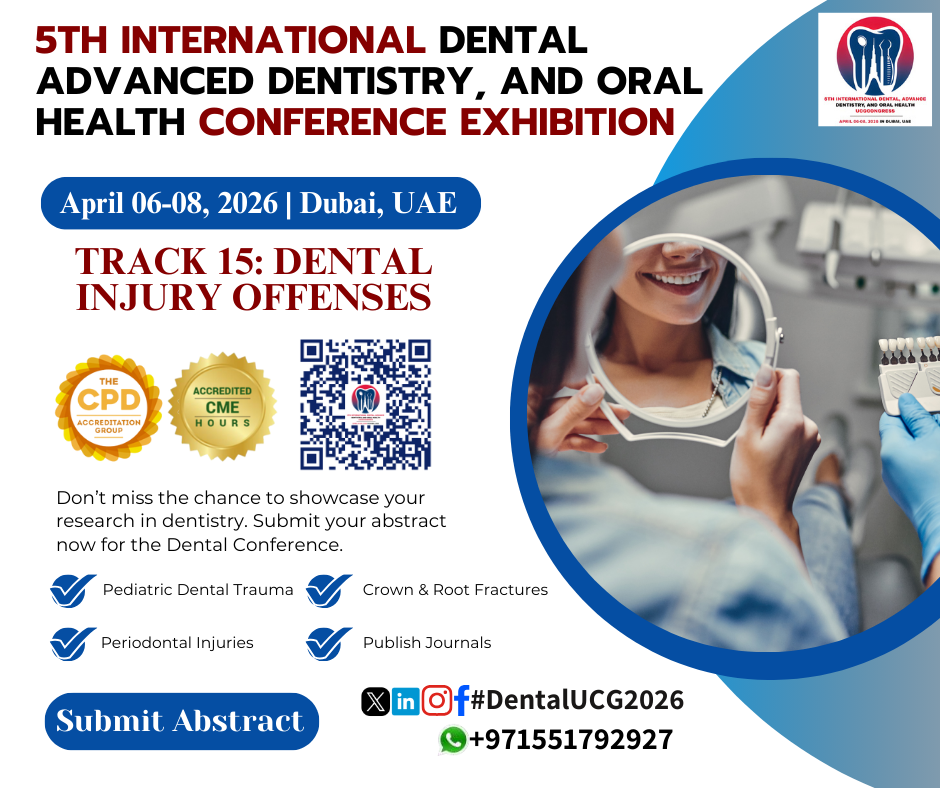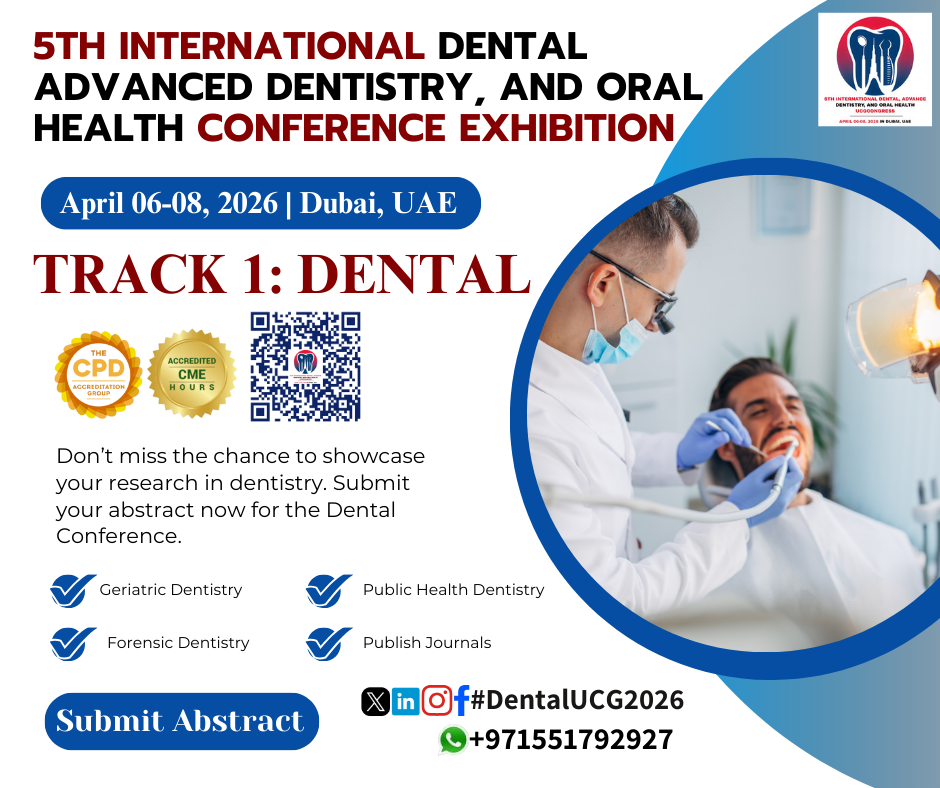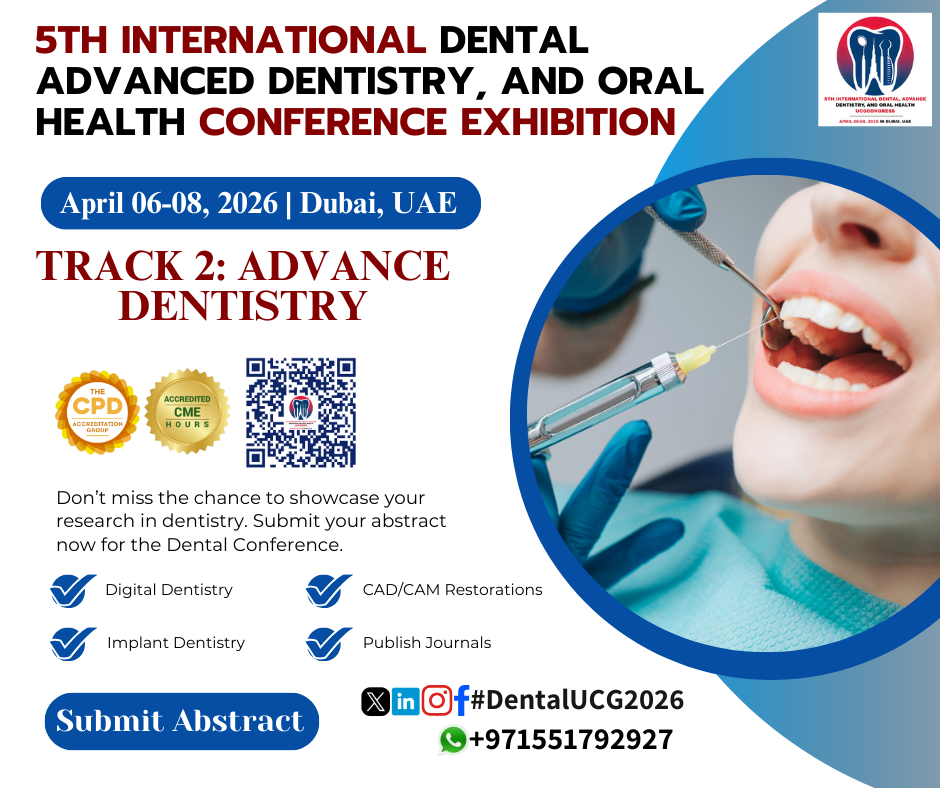Sub-tracks:
Types of Dental Injuries, Legal Framework for Dental Injury Claims, Patient Rights and Responsibilities, Documentation and Evidence Collection, Expert Witness Testimonies, Impact of Dental Injuries on Oral Health, Compensation and Legal Remedies, Preventive Measures and Risk Management, Ethical Considerations, Case Studies and Precedents.
What are dental injury offenses?
Dental injury offenses refer to legal claims and issues arising from harm or damage caused during dental procedures. These offenses can involve negligence, improper treatment, or accidents that result in physical injury or adverse outcomes. Legal cases may include claims for malpractice or compensation for damages related to dental procedures. Key aspects involve assessing the standard of care, documenting injuries, and determining liability. Understanding these offenses helps ensure that patients receive appropriate care and that dental professionals adhere to safety and ethical standards, aiming to prevent harm and resolve disputes effectively.
Case Studies and Precedents:
Case studies and precedents involve analyzing previous legal cases to understand how similar issues were resolved and to guide current decision-making. Case studies provide detailed accounts of individual legal cases, highlighting the facts, legal arguments, and outcomes. Precedents are established legal principles derived from past judicial decisions that influence future cases. By reviewing case studies and precedents, legal professionals can gain insights into how courts have interpreted laws and applied legal standards, thereby informing their strategies and expectations in current and future cases. This process helps ensure consistency and fairness in legal proceedings.
Legal Framework for Dental Injury Claims:
The legal framework for dental injury claims involves regulations and laws governing how patients can seek compensation for harm caused by dental procedures. It includes principles of negligence, where the standard of care is assessed to determine if the dental professional failed in their duty. Claims often require proof of injury, causation, and damages. Legal processes involve filing a complaint, gathering evidence, and possibly engaging in mediation or court proceedings. Understanding statutes of limitations, patient rights, and expert testimony is crucial. This framework ensures that patients can hold dental professionals accountable and seek redress for any harm suffered.





